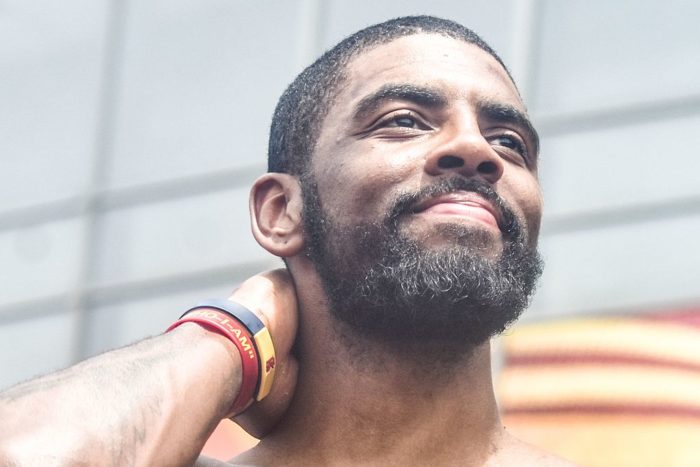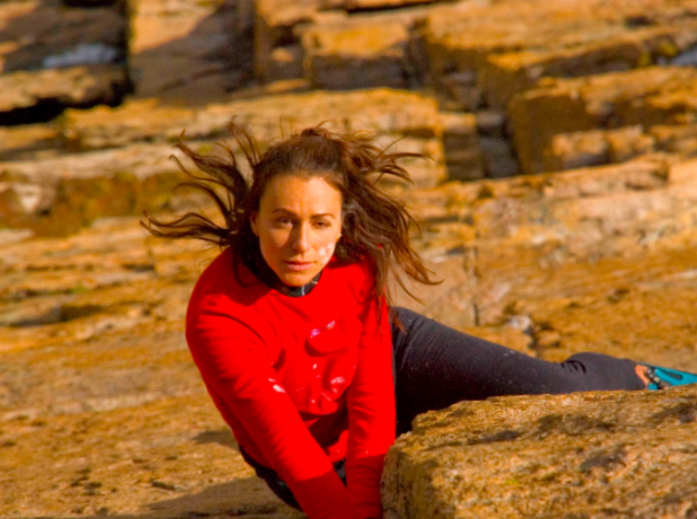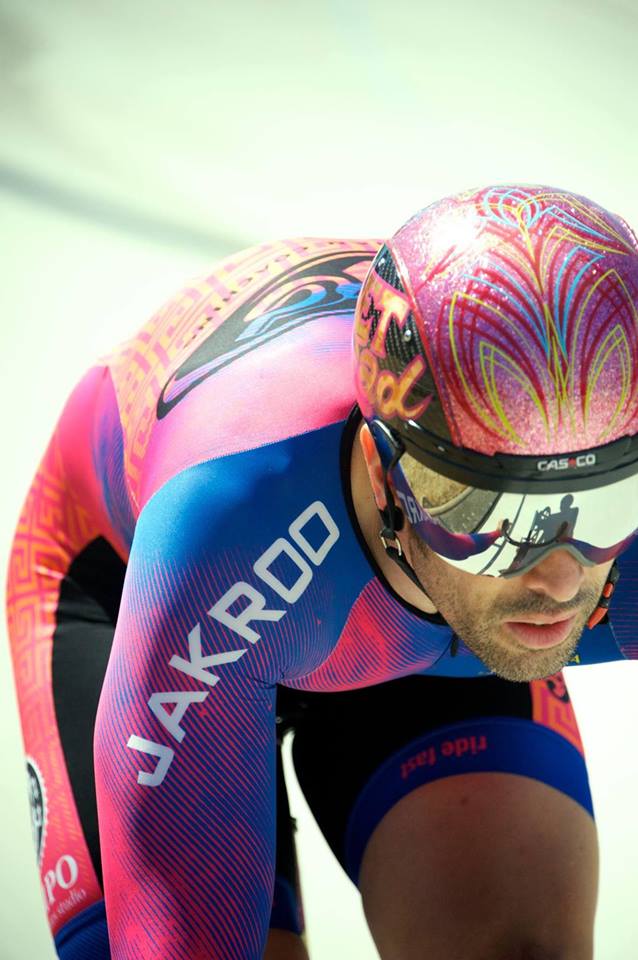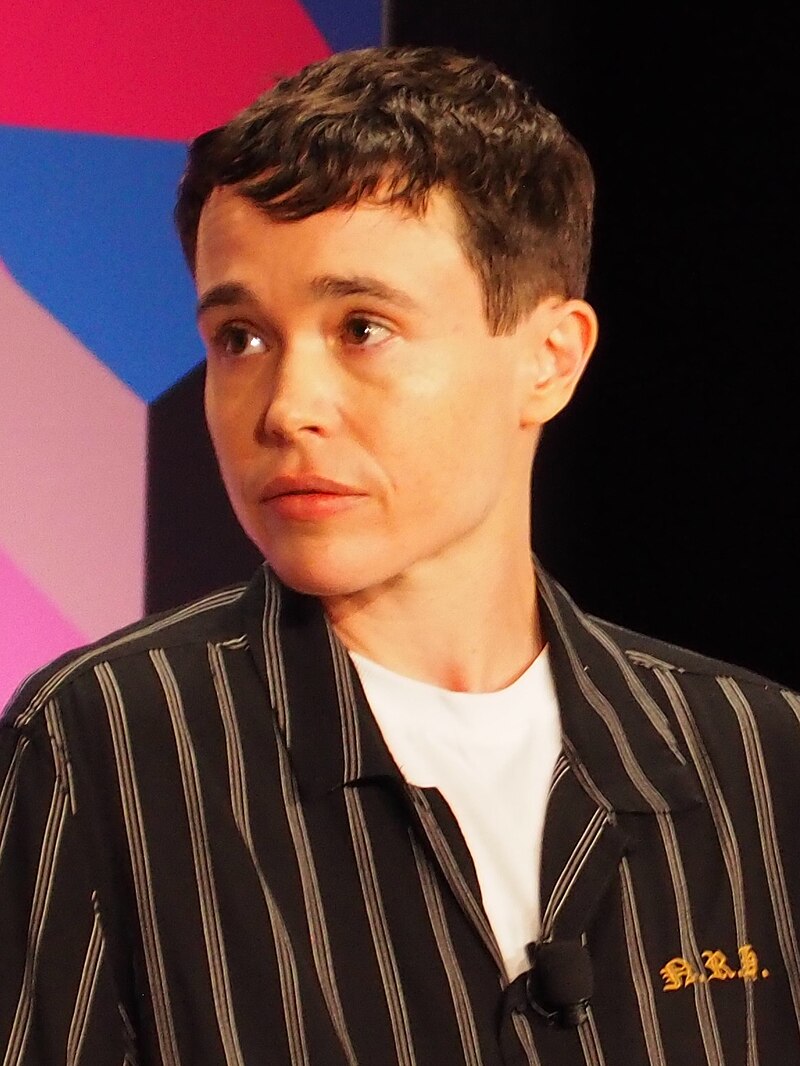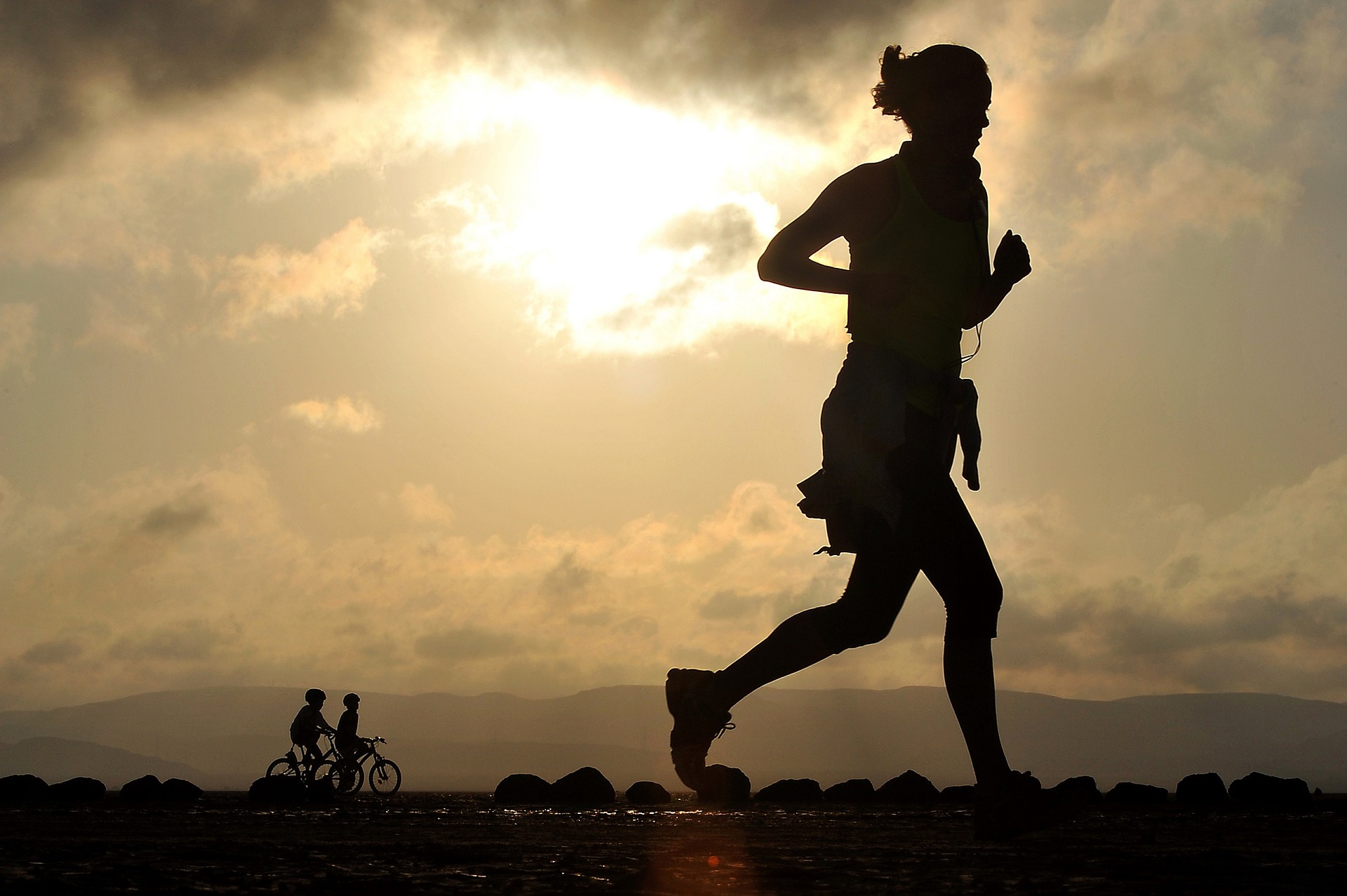There is a misconception that going vegan impedes peak athletic performance. In fact, the opposite is actually true, according to nutritional medicine expert Joel Fuhrman. In an article published in the Current Sports Medicine Reports, Fuhrman claims that “vegan athletes who follow a nutritarian diet [focusing on high micronutrients] will have a performance advantage.”
As a vegan runner myself, I have had to adjust my own diet quite a bit before finding the ideal combination of muscle-repairing protein and energy-giving carbohydrates, plus those all-important micronutrients. But when friends and acquaintances still ask how it’s possible to perform on a vegan diet, I point them toward these elite vegan athletes.
4 Inspiring Elite Vegan Athletes to know
Kyrie Irving
Ever since his rookie year in 2011, Irving has been one of the NBA’s most spectacular players. In his first 6 seasons, all with the Cleveland Cavaliers, Irving established himself as an elite point guard. He averaged over 20 points, 5 assists, and a few highlight-reel plays a game. NBCS Sports reports that he turned vegan prior to the 2017-2018 season, just as he was traded to the Boston Celtics. At that time Irving wanted to improve his post-game and post-workout recovery, and his research led him to veganism. That season Irving quickly squashed concerns that going vegan would adversely affect his game. In fact, in the two years since making the switch, Uncle Drew has continued to play at an elite level, with only nagging knee injuries able to truly slow him down. Irving continues to be a vegan, and is now the centerpiece of Beyond Meat’s “Go Beyond” campaign. This season, Irving will also be the centerpiece of the Brooklyn Nets, who are expecting big things from the former number 1 pick.
Hannah Teter
Prior to turning vegan in 2010, Teter had already won several X-Games medals, including a gold in the superpipe. She also won halfpipe gold in the 2006 Turin Winter Games. Then in 2010 she made the switch. In a wide-ranging interview with the Huffington Post, Teter admits to being put off by factory farming conditions she witnessed in the documentary Earthlings. Years later Teter, has continued to be successful in her sport. Coral’s article on successful vegan athletes details how the Vermont native won a bronze medal at the Winter X Games in 2016. She has continued to be a huge figure in winter sports and a prominent example of how being a vegan doesn’t affect performance.
Steph Davis
Davis’s diet eschews refined foods and sugar, and that allows for optimum performance. Davis first turned vegan way back in 2002, mainly because she loves animals. Like Teter, she was converted by the horrors of factory farming. By doing this, it evidently made her feel and perform better, so she has stuck with it ever since. It has paid off, as most of Davis’s achievements, have come after she went vegan. Some of these achievements include being the second woman to free climb El Capitan in one day (in 2004) and being the first woman to climb Torre Egger in Patagonia (2007).
Jack Lindquist
Lindquist, a long-time cyclist, turned vegan back in 2005. He did so after his friends explained to him the benefits of veganism. The switch has paid off handsomely for Lindquist. In 2007, the former bike messenger won his first ever cycling event in Puma Velocity New York. He has won several others since then, including the 2007 Cycle Courier World Championship and the 2008 Wolfpack Tunnel Sprints.
Related: Fuel Yourself Like A Pro With These Fav Meals & Plant Proteins Of 4 Vegan Athletes
How VS Model Stays Slim & Gets Protein On A Vegan Diet
Get more like this—Subscribe to our daily inspirational newsletter for exclusive content!
__
Photo: Erik Drost via Creative Commons; Hannah Teter via Facebook; Steph Davis.co; Jack Lindquist via Facebook

